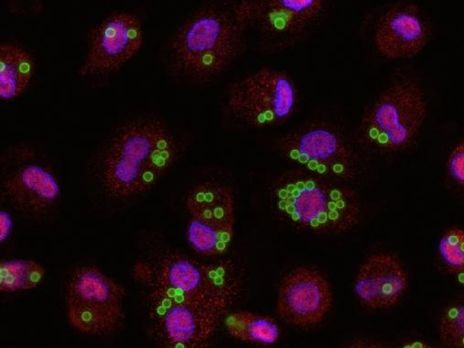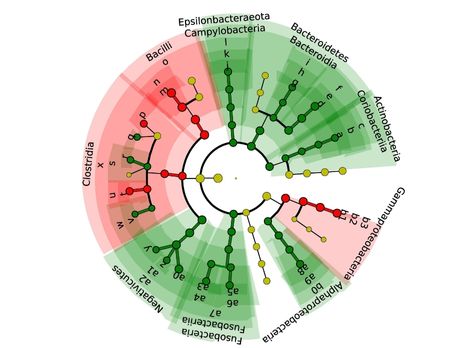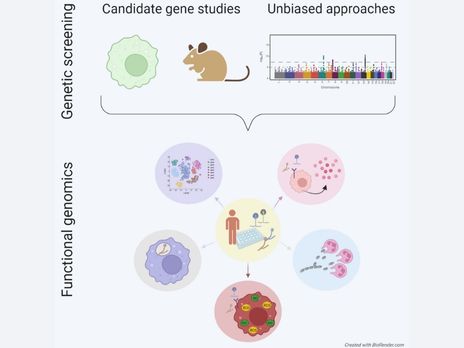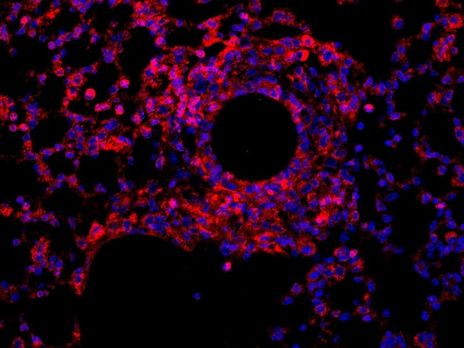
Host-fungus interaction and disease pathogenesis
The reprogramming of cellular metabolism is a fundamental mechanism whereby immune cells respond to infection. The sensing of microbial ligands by myeloid cells promotes dynamic changes in host cell metabolism to deliver a rapid source of energy to support…











